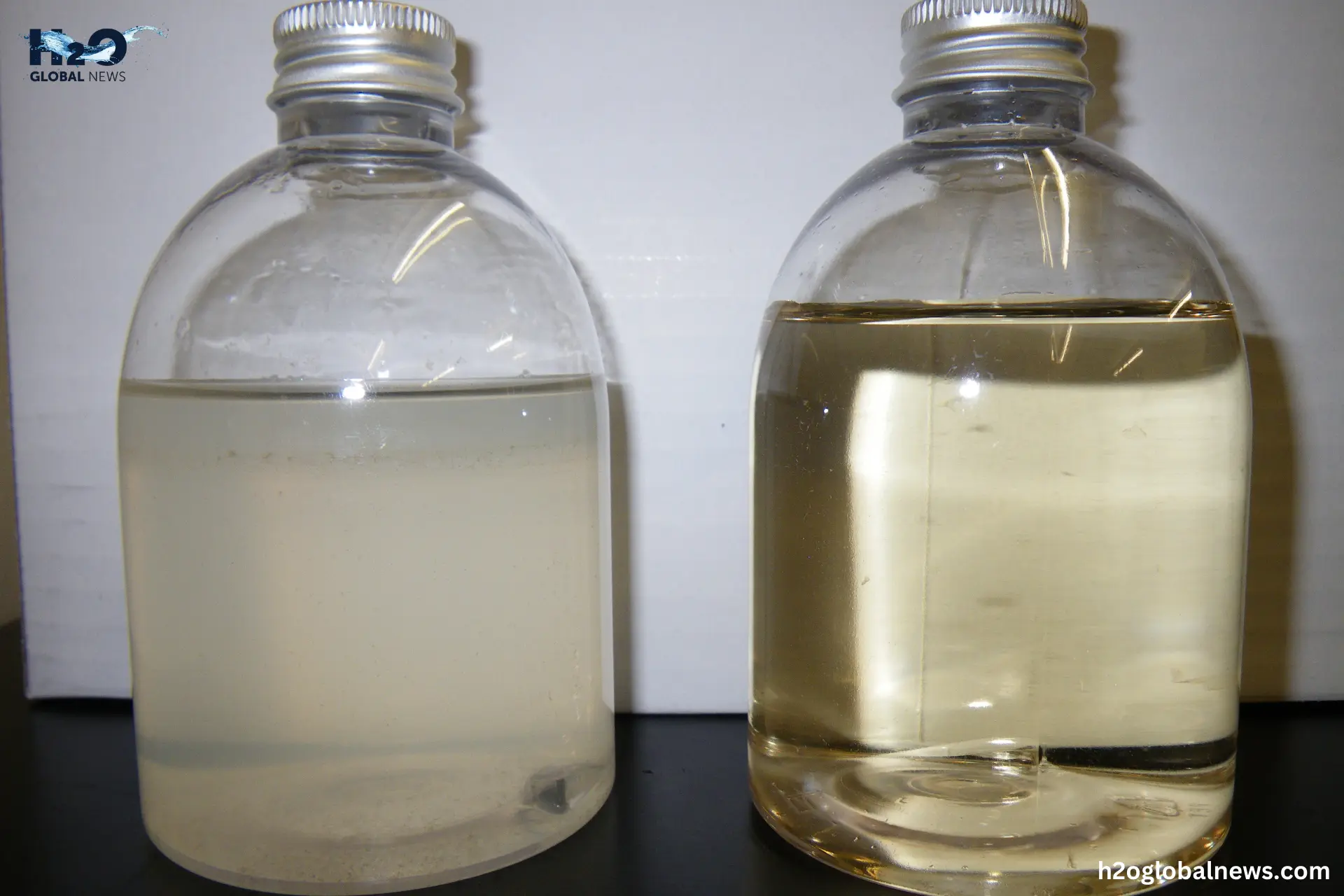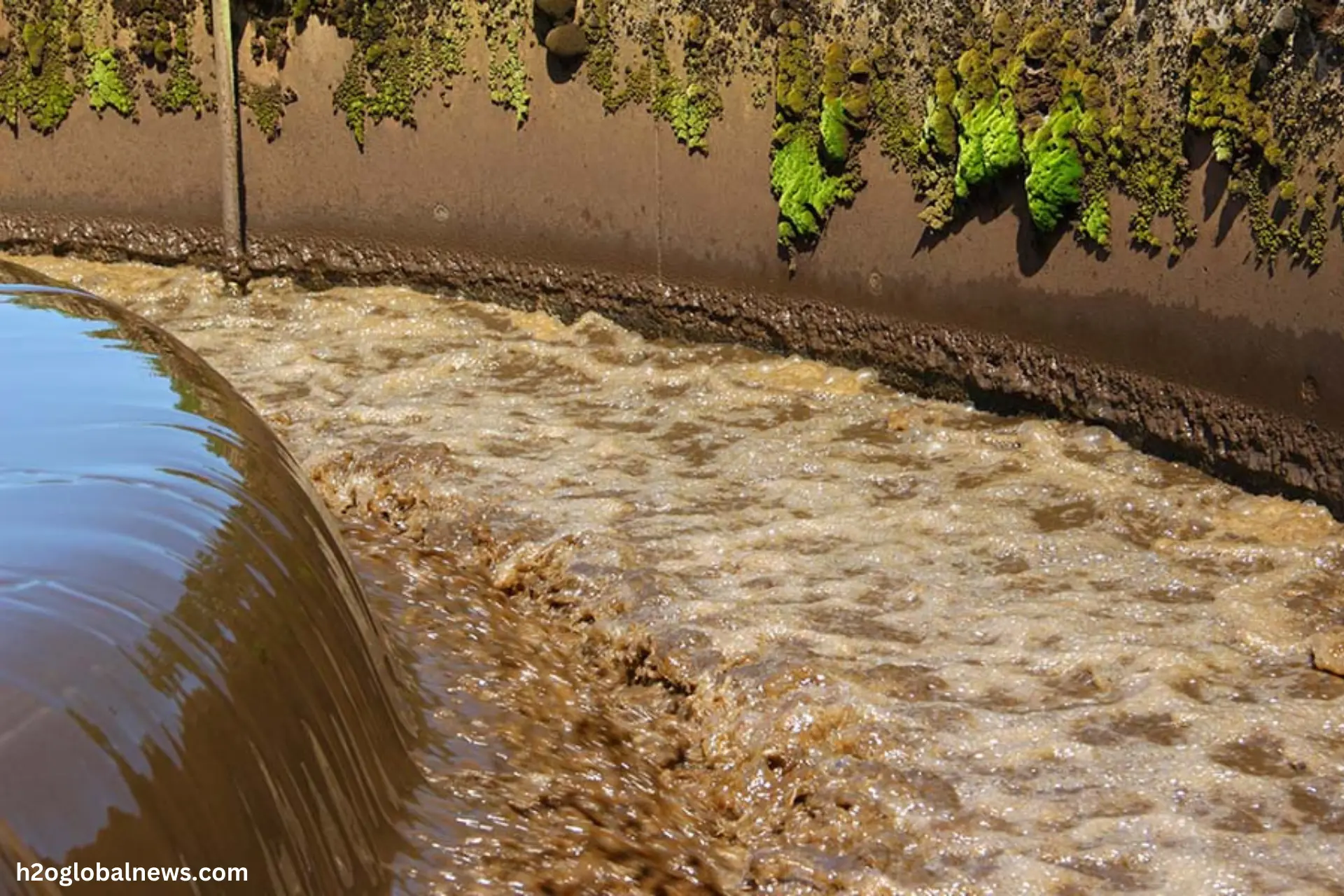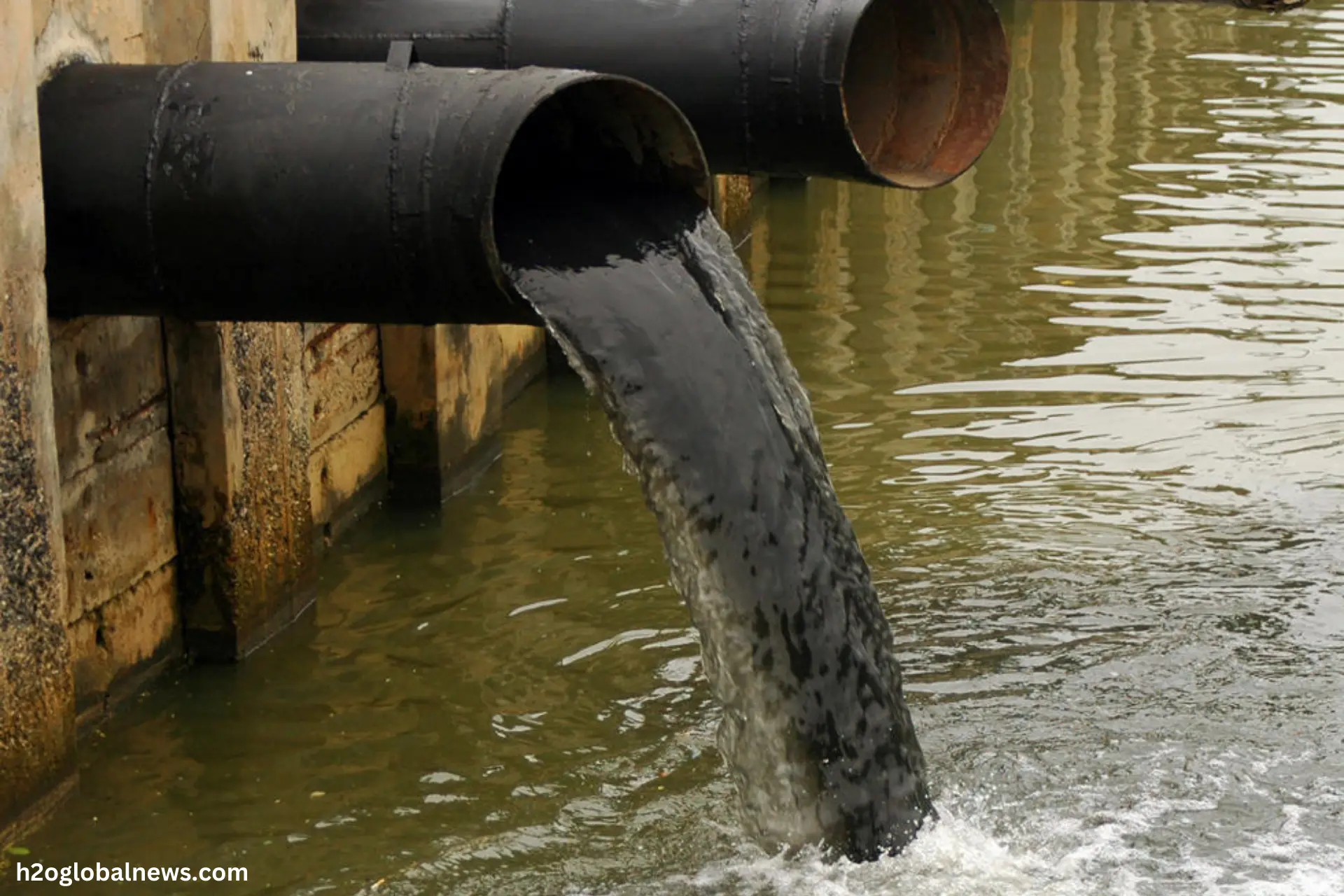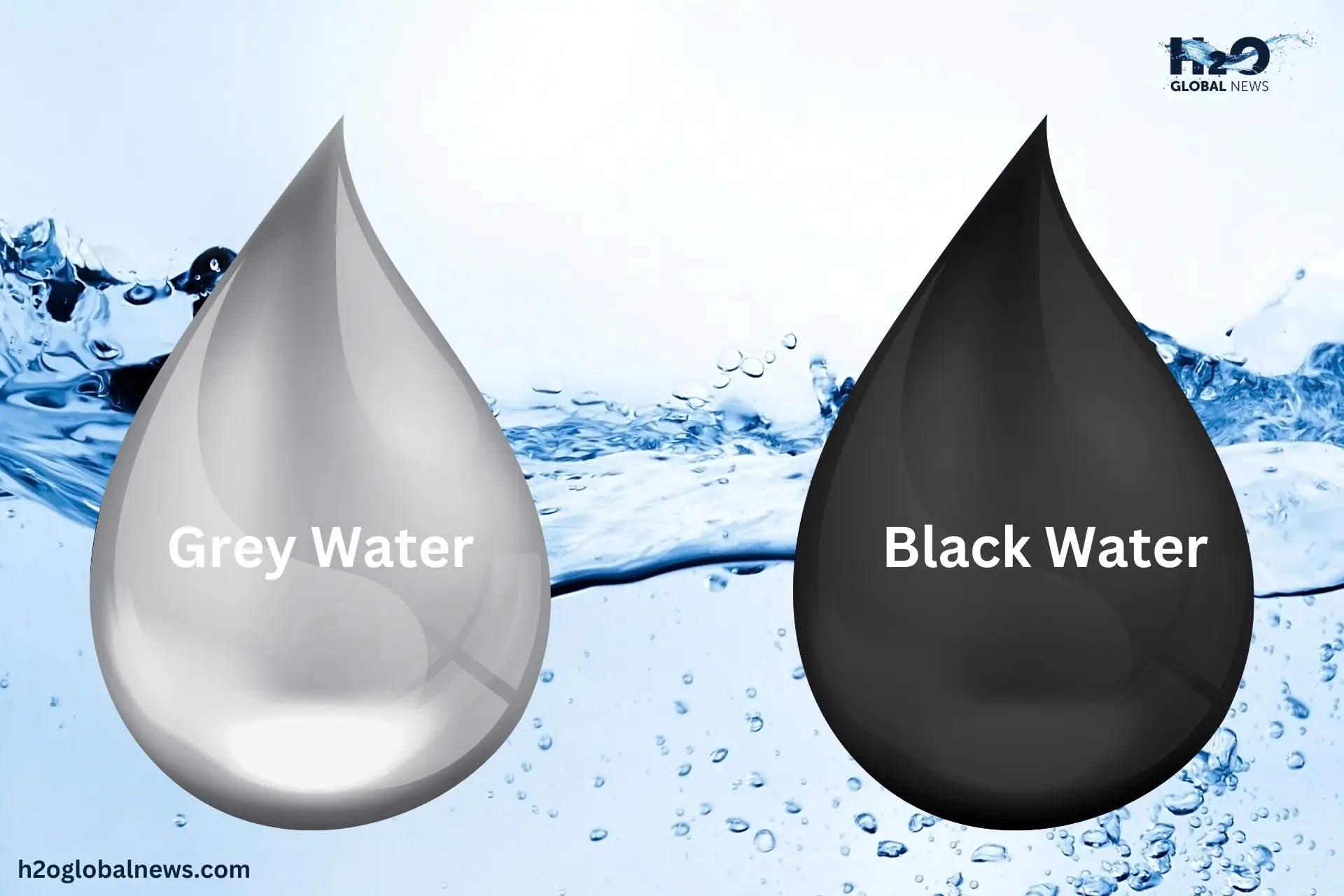Water reuse and sustainability are prevalent themes worldwide today. During these debates, terminology like grey water and wastewater frequently appears. What do they signify, and how do they differ? Understanding the differences between different types of water is critical for successful water management and environmental conservation.
In this article, we will explain the differences between grey water and wastewater, their respective applications, and their environmental impact.
What is Grey Water?
Grey water refers to relatively clean wastewater from sinks, showers, baths, washing machines, and kitchen appliances. It does not include water from toilets, classified as black water. Grey water typically contains soap, detergents, and a small amount of dirt but is generally considered safe for limited reuse.
Sources of Grey Water
The primary sources of grey water in a household include:
- Bathroom sinks and showers
- Bathtubs
- Washing machines
- Dishwashers
Each source contributes to the volume of grey water that can be reused within the home or garden. For instance, water from a shower can be redirected to irrigate plants, reducing water consumption.
Benefits of Using Grey Water
Reusing grey water offers several benefits:
- Water Conservation – Households can reduce freshwater usage by up to 50% by reusing greywater.
- Cost Savings – Lower water usage translates to reduced utility bills.
- Environmental Impact – Reducing fresh water consumption also means less strain on local water resources and reduces the energy required for water treatment.
What is Wastewater?
Wastewater is the umbrella term for all water that has been used and contaminated, including both grey water and black water.
Wastewater Management
Wastewater, often called sewage, is water used in homes, industries, and businesses. It contains a wide range of contaminants. Wastewater management involves collecting, treating, and disposing wastewater to protect public health and the environment.
Types of Wastewater
There are two main types of wastewater:
- Domestic Wastewater – Originates from homes and residential areas.
- Industrial Wastewater – Comes from manufacturing and industrial processes.
- Both types require careful management to prevent environmental pollution and health hazards.
Treatment Processes for Wastewater
Wastewater treatment is a multi-stage process that includes:
- Primary Treatment – Removal of large solids through screening and sedimentation.
- Secondary Treatment – Biological processes to break down organic matter.
- Tertiary Treatment – Advanced processes to remove remaining contaminants, such as nutrients and pathogens.
Each stage is crucial for ensuring the treated water is safe for discharge into the environment or reuse.
What is black water?
Black water is wastewater that contains human waste, usually from toilets. The grease and organic debris in kitchen sinks may also include water from these sources.
Properties of Black Water
- It contains germs and dangerous microorganisms.
- Needs significant treatment before reuse or discharge.
- Frequently classed as toxic and ineligible for direct recycling.
Black Water Piping
The infrastructure for managing black water piping is intended to prevent contamination. It uses sealed, sturdy materials to convey black water to treatment facilities safely.
Grey Water vs Black Water: Key Differences
| Aspect | Grey Water | Black Water |
| Source | Showers, sinks, laundry | Toilets, kitchen sinks |
| Contamination | Low (soaps, oils, dirt) | High (fecal matter, pathogens) |
| Treatment Needs | Minimal | Extensive |
| Uses | Irrigation, flushing toilets | After treatment: bioenergy, compost |
| Risk | Moderate if untreated | High if untreated |
When comparing black water vs grey water, it’s clear that grey water is more manageable and eco-friendly for reuse.
Difference Between Grey Water and Wastewater
While grey water and wastewater are forms of used water, they differ significantly in composition and treatment needs. Understanding these differences is key to effectively managing each type.
Composition Differences
- Grey Water – Contains lower levels of contaminants than wastewater since it excludes toilet waste.
- Wastewater – Contains a higher concentration of organic and inorganic pollutants, including human waste, chemicals, and industrial byproducts.
Treatment and Reuse
Grey Water – Often requires minimal treatment for reuse in irrigation and non-potable applications.
Wastewater – Requires extensive treatment to remove harmful contaminants before it can be safely released or reused.
Environmental Impact
If not appropriately managed, grey water and wastewater have significant environmental impacts. Grey water, when reused, can help conserve water resources, while untreated wastewater can lead to severe pollution and health risks.
Grey Water Drainage Systems
A grey water drainage system is designed to separate grey water from black water at the source. This makes grey water easier to collect and reuse. Common systems include:
- Gravity-fed systems for garden irrigation.
- Pumped systems for directing grey water to treatment units.
Conclusion
Understanding the differences between greywater and wastewater enables homes and enterprises to make informed decisions regarding water consumption and recycling. While greywater drainage systems and reuse schemes provide immediate benefits, blackwater piping, and treatment processes are critical to public health and environmental safety.
FAQs
1- What is the greywater definition?
Greywater refers to gently used wastewater from household activities such as washing dishes, laundry, and bathing, excluding water from toilets.
2- Is Grey Water Dangerous?
Untreated grey water can harbor bacteria and chemicals, but proper treatment makes it safe for reuse.
3- What is Black Water?
Black water is highly contaminated water from toilets and kitchen sinks that requires extensive treatment.
4- What is the Organic Sludge in Waterworld?
Organic sludge refers to decomposed organic matter that accumulates during wastewater treatment. It can be further processed into compost or bioenergy.











